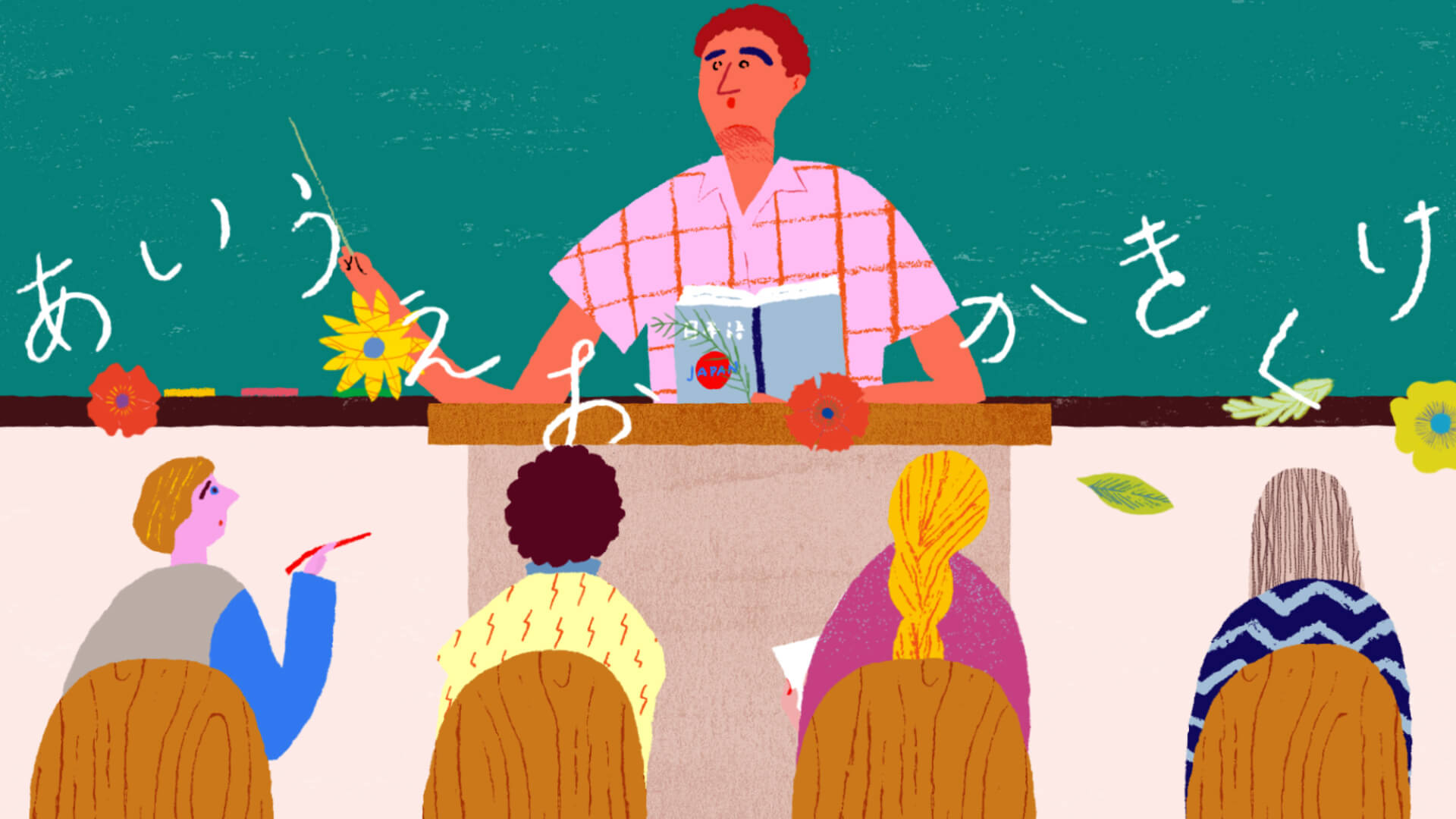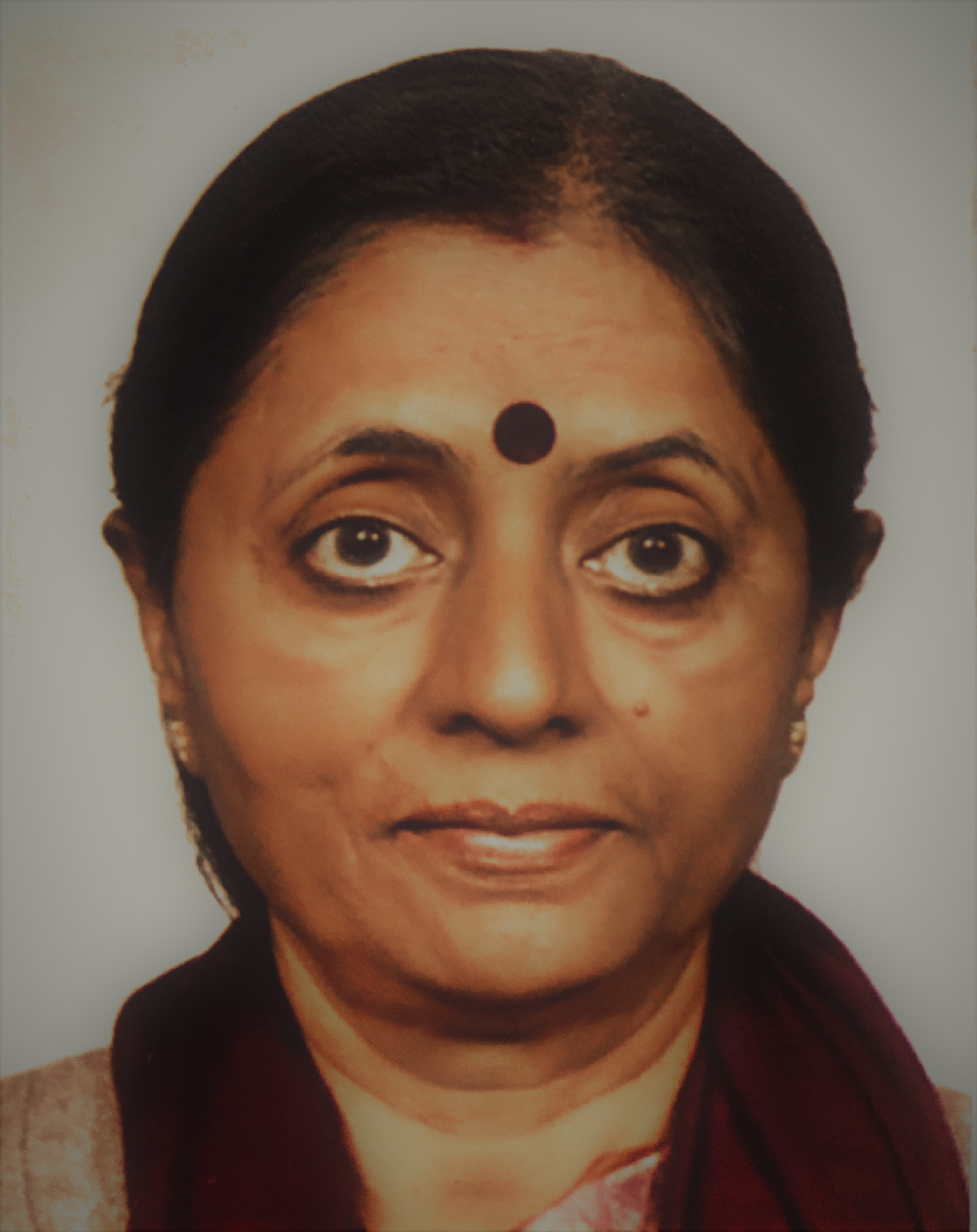Professor of History at Banaras Hindu University, a visiting fellow at a lot of prestigious universities, and a researcher renowned for her publications.
Dr. Sheel’s area of research includes women’s history and East Asian studies. Besides receiving scholarships from Japan Foundation, she has been Visiting Fellow at University of British Columbia and Asian Research Institute at NUS, Singapore. Her important publications include The Political Economy of Dowry (Manohar 1999) and Thirteen Months in China (OUP, 2017 co-authored with A Yang and K Sheel), besides many articles in leading journals.
She received Japan Foundation Fellowship for Researchers 1999-2000 (at The Japan Foundation Japanese-Language Institute, Kansai) and Japan Foundation Senior Fellowship 2004-5 (at Institute for Gender Studies, Ochanomizu University, Tokyo).
On asking what she thinks is the importance of this scholarship, she says that it provides multiple opportunities including interaction with scholars, chance to immerse in the Japanese milieu, improve language learning, carry out field-based study as well as library search, apart from financial and institutional support. Her topic of research focussed on political participation of women in Japan and explored analysis of historical and cultural factors that mould the process of politicisation and create gendered political roles.
Talking about scholarship effect on her research back then, she says that having completed field work-based study on women’s political participation in the Indian context in wake of the issue assuming national importance with the 73rd and 74th Amendment to the Constitution in India, she began to explore an intra-Asia comparative framework on the theme. The scholarship enabled her to crystallise this and pursue a larger study on women’s participation in electoral politics in light of process of democratisation and women’s movement in Japan.
She further adds that her interest and studies on Japan were greatly augmented with the experience gained due to the two scholarships that gave her the opportunity to stay in Japan for almost two years. She has been consistently teaching undergraduate and master’s level courses on Japanese and East Asian history and has also published articles on the theme.
Reminiscing about her memories from the scholarship days in Japan, she shares about quite a few things, like, Kansai programme, which, according to her, was quite “structured and gave much opportunity to interact with researchers from other countries as well as with local communities through kaiwa sessions“. “Organised visits to different academic institutions in Kyoto, Osaka and Tokyo were very stimulating“. Talking about homestays, she says that it enabled friendships and “opportunities to enhance language skills and the homestay families also saw it as an opportunity to improve their comprehension about other countries!“
Talking about her second, and Senior Researcher Fellowship, she says it gave her a lot of autonomy in how to organise her research work. Being at the Institute of Gender Studies at Tokyo’s Ochanomizu University with important scholars such as Professors Hara Hiroko, Tachi Kaoru, Ito Ruri, Sugihashi Yayoi among others was stimulating, insightful and enriching.
She also shares about an unfortunate event about her hospitalisation which lasted for almost four weeks. It was “deftly and gracefully handled by the Foundation and I was spared the worry about costs and absence from work. That was indeed exemplary.”
At last, sharing her thoughts regarding fellowship, she says that on the whole, the fellowship programme works very well and should continue. Periodic seminars/workshops/ Round table should also be organised “to orient and enable Fellows to interact, and past Fellows could be invited to share (their) experiences.”
 Twitter
Twitter


 '
'